Improvements towards more sustainable urban management in developing countries may require breaking the resilience of the existing systems that resist long-term change and are structured to adhere to states of ineffectiveness and inefficiency.
I argue that the use of resilience in urban systems can be controversial, particularly in the context of developing countries. In the developed and rich world, where the idea of resilience for socio-economic systems has found fertile intellectual ground, the positive meaning reflects the efforts to maintain the status quo of the socio-economic systems that have kept the localities developed and the high quality of life of their inhabitants. However, resilience is not a desirable feature for urban systems that result in unsustainable and unproductive outcomes. Management for resilience can emphasize short-term stability over long-term adaptive strategies. Thus, resilience does not have a straightforward positive meaning for socio-economic systems in the developing world that need a change in the first place. Many cities are stuck with low socio-economic-environmental indicators because of the resilience of their socio-economic systems, which tend to reflect a state of inefficiency, inequity, and ineffectiveness in the use of resources and prevent the improvements in the lives of the most vulnerable part of their populations. Indeed, the biggest challenge for cities in developing countries may be to break the resilient pattern of the socio-economic system in order to advance the development agenda in the first place. A radical transformation may be more desirable than the traditional meaning of resilience.
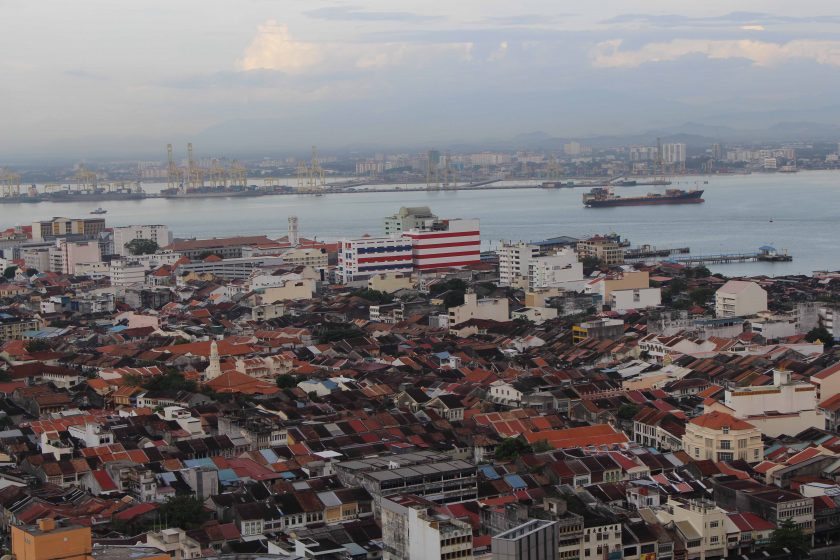
Case of solid waste in Malaysia
The municipalities held the responsibility for solid waste management (SWM) in Malaysia. This was in keeping with the Local Agenda 21 initiative and trends in other parts of the world. However, the urban SWM systems evolved irregularly across the country and municipalities strived to improve and increase the capacity of the waste disposal facilities. While some wealthier municipalities, such as Penang Island, developed reasonable systems for collection and final disposal of waste, others struggled to keep up even the basic responsibilities for collection. Waste management was funded by the assessment fee paid by each property, which also funds other growing needs of the urban centers. Overall, the disposal systems were completely inadequate. Controlled landfills were unheard of in Malaysia until 2000, recycling initiatives were almost all done informally and urban composting at large scales was not done.
Thus, the federal government decided to recentralize SWM at the end of the 2000s. For most of the municipalities and states, the centralization of SWM was a relief given the growing fiscal pressure in the local budgets. Municipalities struggled to keep up with the rising costs of SWM system and lacked the means to upgrade them. Thus, there was not much resistance to centralization. However, Penang State decided not to join the centralization process in waste management. The state kept its own SWM system managed by the municipalities, which was already working reasonably. This left the burden in the budget of Penang State’s municipalities but pushed them to be more effective and efficient, developing many innovative initiatives for recycling, composting and waste reduction.
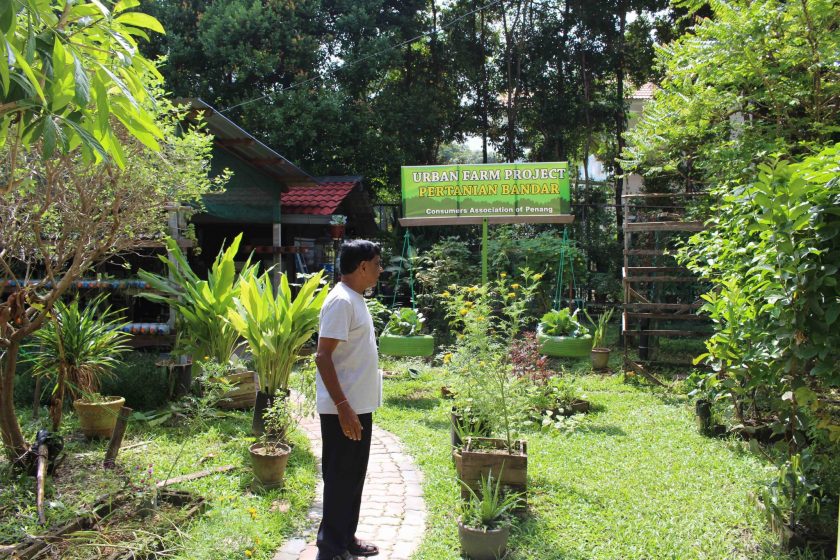
Breaking the resilience: lessons from Penang
A key factor in the high rates of recycling and composting in Penang is the decentralized SWM system. Having the municipal government in charge of paying for the SWM kept the pressure on the local budget, incentivizing the municipality to find creative ways to reduce the amount of waste going to the final destination and always improving the SWM system. The two municipalities in Penang State (Seberang Perai and Penang Island) work closely with the civil society organizations and the private sector to support their SWM initiatives, a situation that is unique to this area of Malaysia.
There is often a tremendous resilience in keeping the SWM system inefficient when the contracts are given to the private sector. In general, private contracts are paid according to the route of collection and/or amount of waste disposed of in the landfill, or just a lump-sum based on certain quality indicators. There are few incentives to reduce waste at the source, as this would reduce the final waste volume or eliminate collection routes for which the SWM companies are paid (consequently would reducing their revenues). In the case of lump-sum contracts, reduction in the waste stream would not affect results. In the case of Penang, because the municipality has to pay for the SWM services itself and has limited space for disposal, there is a growing pressure to reduce the total amount of waste.
The forces that helped to break the resilience in Penang were a combination factors, both internal and external to the system. Civil society organizations started the changes with urban innovations from the bottom (internal to the system), such as recycling initiatives, that were scaled up by external factors to the system (from the top), including state support for buying equipment or subsidized rent. Having the SWM system under the control of the state/local government delineated the boundaries of the system making possible for internal and external pressures (bottom-up and top-down efforts) to catalyze change. Budgetary restrictions on the local government improved resource efficiency and encouraged the development of innovations from the civil society and private sector to increase recycling and composting rates, and thus breaking the resilience of the SWM system.
What are the implications for policy? Improvements towards more sustainable urban management in developing countries may require breaking the resilience of the existing systems that resist long-term change and are structured to adhere to states of ineffectiveness and inefficiency. However, three lessons from Penang can provide an understanding of the changes in the system to break resilience and inform policy:
- Build local capabilities to catalyze internal pressures for change. Firstly, efforts for breaking resilience from the bottom, or internal to the system, are needed. Capabilities in the local organizations, in government and civil society, to mobilize resources and knowledge to make urban innovations are fundamental to create change. For example, incentives for business and civil society, in the form of small grants or leases of government land, can encourage them to push for changes in the system to improve resource efficiency, such as the case of waste management in Penang Island (e.g., grants for composting initiatives and land lease for the Tzu Chi recycling center).
- Bring in external pressures to break the resilience. Secondly, scale up the external factors that can change the system to break resilience or support internal change. External changes, such as a new regulatory framework, can create the conditions to spur innovations in the system if there is enough pressure from the bottom or resources from the top. In many cases, external efforts alone will not have any effect in the long-term or would become expensive to break the resilience solely from the top. For example, the centralization of SWM in most of Malaysia brought resources from the federal government improving the SWM system in many localities around the country. However, there are increasing costs to upgrading SWM systems and their resource efficiency, but recycling rates are not on par with the decentralized system such as in Penang.
- Define the boundaries of the system. Thirdly, defining the right boundaries of the system can help the mix of external and internal forces to play out their combined roles and break the resilience. If the boundaries are too large, internal forces may not have the capacity to make the necessary changes or spread the urban innovation at such a large scale; alternatively, there may be no external forces great enough to press for resource efficiency, except international organizations or opposition parties, which can keep in check the groups in government. If the boundaries are too small, there may be difficulty achieving a critical mass of internal pressure to break the resilience. For example, civil society groups may be too small and lack the resources or civic mobilization to spur the internal changes. The case of Malaysia before SWM recentralization is an example. Many localities did not have enough mobilization capacity in the civil society or private sector to improve resource efficiency and develop urban innovations.
Thus, defining the right boundaries of the system to allow a combination of external and internal pressures over the system can help to break the resilience to improve resource efficiency.
José A. Puppim de Oliveira
Rio de Janeiro
For more information:
This essay is based on the article:
Puppim de Oliveira, Jose A. (2017). Breaking resilience in the urban system for improving resource efficiency: the case of the waste sector in Penang, Malaysia. International Journal of Urban Sustainable Development. 9(2): 170-183. DOI: 10.1080/19463138.2016.1236027 https://doi.org/10.1080/19463138.2016.1236027
Video: Urban Innovations: The Case of the Waste Sector in Penang Island, Malaysia
https://vimeo.com/182915820


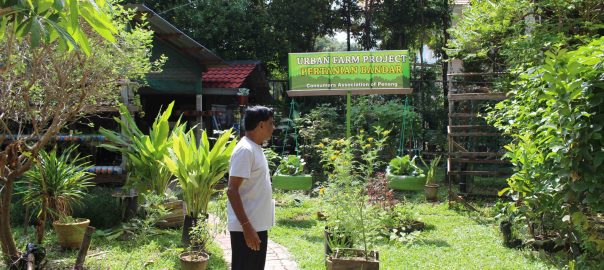
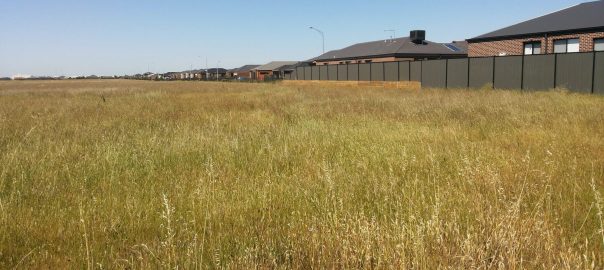

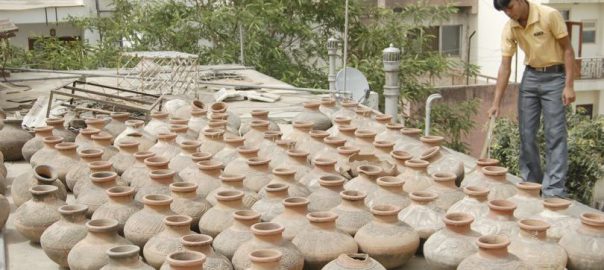

Leave a Reply